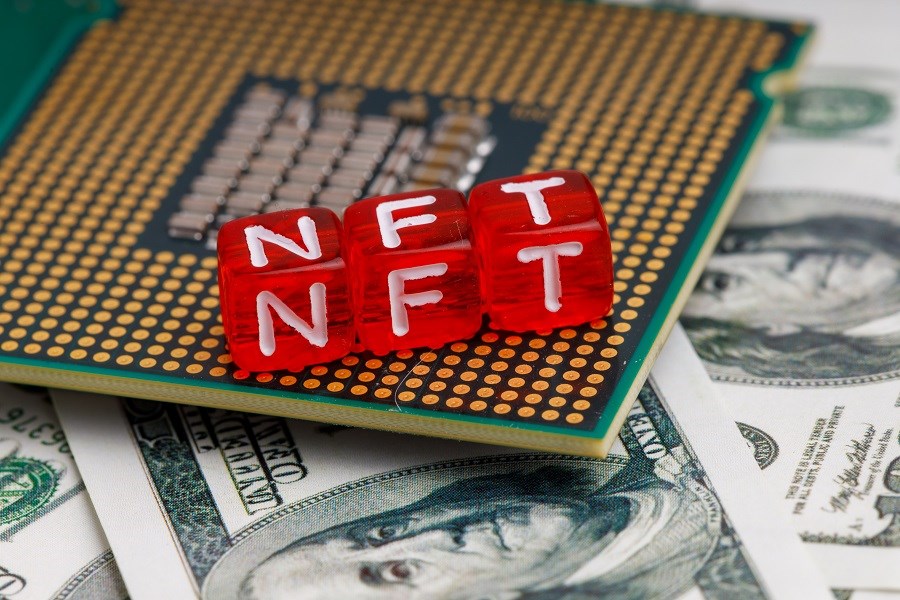
Interest in crypto from clients isn’t going away anytime soon, and regulators are recognizing this, and building frameworks for regulation and enforcement in the space. In Canada, we’ve seen rules emerge for exchanges, and more recently, exemptions for dealers.
Specific rules for Canadian advisors could be next. In the meantime, we can check which way the wind is blowing and establish some guidelines. In the U.S., Morningstar’s Jasmin Sethi found recent developments offer clues in the absence of formal regulations: “I call them ‘hooks’—guidance and precedents that, while not settled law, can mean that advisors will be under regulatory scrutiny.”
In Canada, it currently looks something like this:
- Canadian Securities Administrators (CSA) - Crypto risks
- Revenue Canada - Guide for cryptocurrency users and tax professionals
- CSA – Guidance on the application of existing securities legislation
- CSA/IIROC - Framework for compliance for trading platforms
- IIROC - Exemptions related to insurance and custody requirements
- IIROC - Guidance for crypto trading platform re: advertising
- OSC – Enforcement action against crypto trading platforms
- CSI – Mini-course on opportunities and risks re: Bitcoin investing
Crypto for Advisors: The Risks
Before addressing the attention of authorities, it’s worth considering the risks behind all the notoriety of crypto assets. “Cryptocurrencies are highly speculative and subject to extreme volatility,” says Sethi, “They are particularly hazardous for participants approaching retirement or those who elect to allocate a large portion of their accounts to them.” The Canadian Securities Administrators (CSA) identifies four key dangers:
- Volatility: Social media hype and marketing campaigns can cause wild swings in cryptocurrencies, and there are usually few trading restrictions.
- Liquidity: It’s a real possibility that crypto trading platforms (CTPs) don’t have enough funds to cover your order. “There are also no guarantees the demand for any given crypto asset will continue,” the CSA brief says.
- Online risk: Crypto can be anywhere and interact with any kind of intermediary. Great for innovation, but a headache for custodial concerns. Take Celcius, which “paused” investor withdrawals. Morningstar’s James Gard recently found the company’s custody arrangement gave the company title of assets to use “as it sees fit”.
- Technical and cybersecurity risks: We’ve heard about the hacks, but crypto is also prone to programming vulnerabilities. Even coins that are designed to be stable collapse when everyone is running for the door at once.
What Should Advisors Know About Taxes on Crypto?
Regulators have begun responding to the risks around crypto, with the fastest perhaps being Revenue Canada with its guidance that any transactions involving cryptocurrency are generally treated as business income or as capital gains.
For investors, “buying a cryptocurrency with the intention of selling it for a profit may be treated as business income, even if it’s an isolated incident,” says the CRA, “because it could be considered an adventure or concern in the nature of trade.”
An advisor acting on behalf of a client might be able to argue that it wasn’t “an adventure,” but they’ll want to make sure they’re not an extension of a client’s business. Holding a wallet opens a door to crypto deposits from anyone with the wallet address, and transactions are permanent.
Another thing to look out for is how Canadian tax law applies to alt-coins. Oftentimes, to purchase alt-coins, fiat currency must be converted to common crypto like Bitcoin or Ethereum. This crypto-to-crypto transaction sets off rules that require extra steps when reporting.
“Generally, when you dispose of one type of cryptocurrency to acquire another cryptocurrency, the barter transaction rules apply,” says the CRA brief, “You have to convert the value of the cryptocurrency you received into Canadian dollars. This transaction is considered a disposition and you have to report it on your income tax return. Report the resulting gain or loss as either business income (or loss) or a capital gain (or loss).”
A good alternative to the complexity of ‘holding’ crypto is simply buying a fund, of course. In exchange for a fee, acquiring an interest in crypto is as easy as buying an ETF. Another benefit is that the taxes will be much more familiar.
Helping Clients Understand the Rules
When it comes to official regulation around the trading of crypto, start by considering existing legislation, as the CSA did in 2019: “If crypto assets that are securities or derivatives are traded on a Platform, such Platform would be subject to securities legislation,” and clarified in 2020, “In some cases, the crypto asset is clearly a security, for example, a tokenized security that carries rights traditionally attached to common shares such as voting rights and rights to receive dividends. In other cases, the crypto asset is a derivative, for example, a token that provides an option to acquire an asset in the future.”
Crypto trading platforms seem to have been the primary target of regulators so far, and while not specifically addressing the activities of advisors, we get a clear understanding of what is covered by securities legislation, and that’s “a contractual right or claim to an underlying crypto asset”. The CSA and the Investment Industry Regulatory Organization of Canada (IIROC) have since outlined a regulatory framework specific to crypto asset trading platforms (CTPs). Platforms are now required to register, and so far it looks like provincial regulators are taking it seriously.
Addressing custodial concerns specific to crypto, IIROC has granted exemptions to dealer rules, which saw Fidelity first in line to offer crypto trading and custody to institutional clients. IIROC has also delivered guidance around advertising and social media around crypto, providing notice of activities that could attract scrutiny, which includes posting statements that could be considered false or misleading. Other behaviours mentioned that are sure to set off some red flags include the use of gambling-style contests or promotions that involve bonuses. These concerns from regulators can help advisors become aware of the environment that clients are in when they come asking for guidance.
Remember Your Role As an Advisor
“Cryptocurrencies are a tempting opportunity for people trying to get rich quickly. They hear stories of people making large sums of money and hope to replicate that success, with little appreciation for the risks involved,” says Sethi, “Aside from the mere attractiveness of cryptocurrencies, clients are also less likely to have sufficient knowledge about these investments than they do about traditional asset classes. Evaluating cryptocurrency investments is difficult even for expert investors. Advisors must take the time to make sure their clients are fully informed about the asset and the risks involved instead of allowing them to naively accept the risks.”
Advising on crypto is no easy task. There’s another world of influences and technical factors to consider, which need to be compatible with the client’s goals. “It’s important for advisors to look at each client’s circumstances, risks, and wealth to determine proper allocations and be confident that they fully understand the risks of this asset class,” says Sethi, “That being said, crypto may be of interest and use to clients who wish to allocate a small portion of their portfolios at the appropriate level,” and advisors have a critical role to play in helping clients make the right allocation decisions and decide the best way to invest. Before your next question from a client on crypto, consider subscribing to cryptocurrency news and discussions or improving your understanding of the opportunities and risks around this evolving asset class.




















